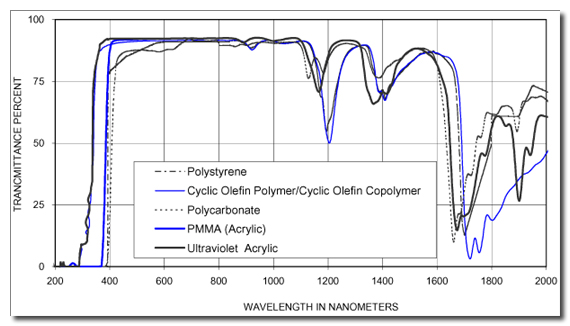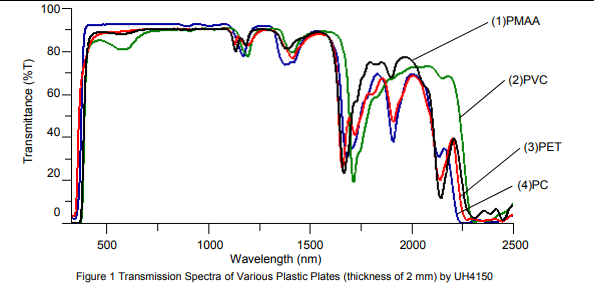I'm curious as to what the limitations are in regards to uv radiation on LCD screens when subjecting them to high intensity light sources such as camera flashes (such as a nikon or canon speedlight).
What measures can you take in order to protect against this damage? Dichroic filters? Hot mirrors?
Thanks in advance!


